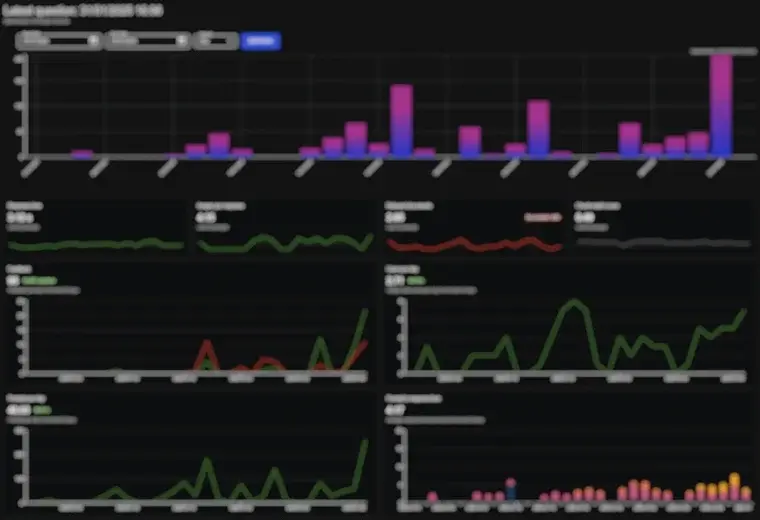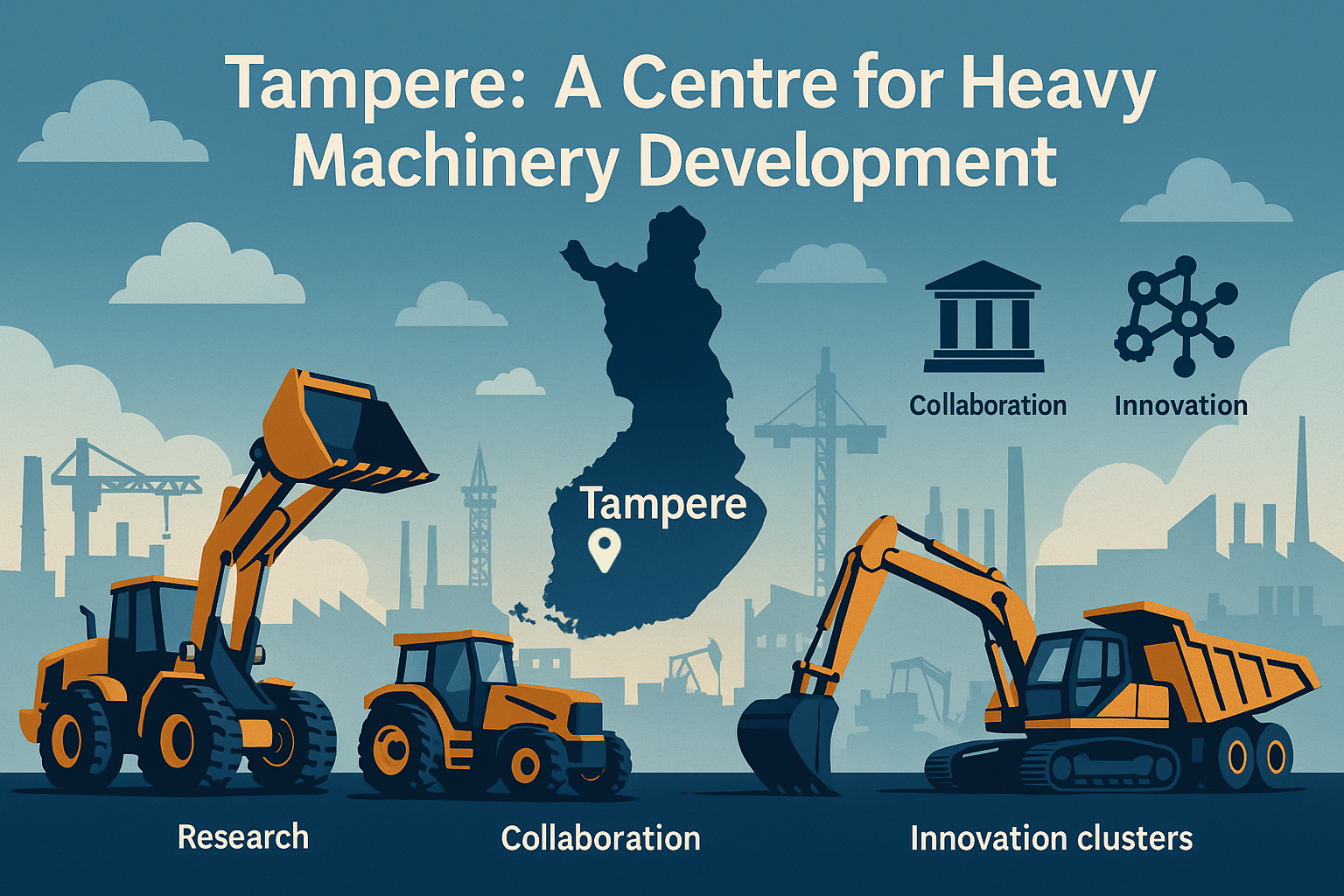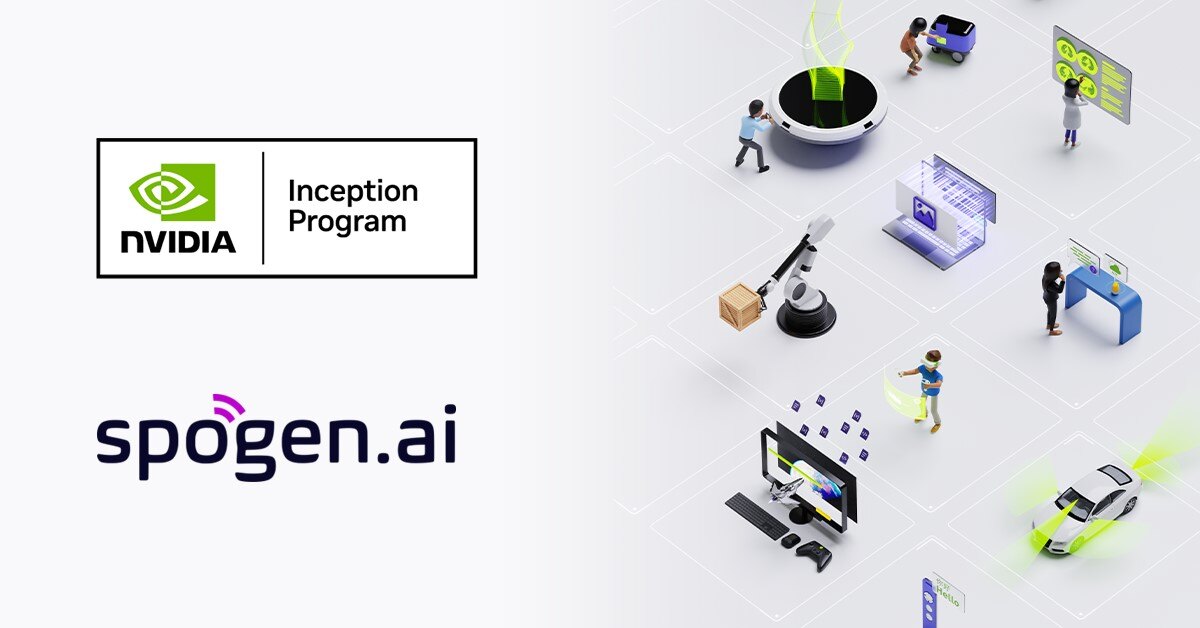Efficient DIY Support Optimizes the Whole Value Chain
When a machine breaks down, the impact goes far beyond just fixing it. Downtime disrupts workflows, drains resources, and introduces safety risks....
2 min read
spogen.ai : Updated on August 27, 2025

Last week, Fortune and many other media outlets covered the findings of a new MIT report on generative AI adoption. The numbers are eye-opening, even shocking: according to the study, 95% of generative AI pilots at companies fail.
The report was based on a large and diverse sample: interviews with 150 business leaders, 350 employees, and analysis of 300 public AI deployments. The results were clear: companies struggle to turn the AI hype into real results.
The MIT study concludes that the core issue is not the AI models themselves. Instead, it’s the disconnect between what the new technology can do and how it’s integrated into company processes.
Earlier this year, our co-founder and CTO, Natalia Leinonen, wrote about these pitfalls from a technical point of view. Many in-house projects tend to try to build AI solutions based on a generic or near-generic setup assuming it would do the heavy lifting. The MIT findings echo this: building on generic models without specialization often leads to projects that look promising on paper but don’t deliver in practice. You can read Natalia’s blog at https://spogen.ai/blog/building-a-conversational-ai-assistant-for-heavy-machinery.
Put simply, most companies are experimenting with AI in ways that won’t translate into real business impact. While the technology is sound, the way it’s applied is not. Pilots remain pilots because they’re lacking something to become embedded in day-to-day operations or tied to outcomes that matter. Most often, success comes from companies picking a single pain point, applying AI to it, and making the innovation part of how people actually work.
This report lands at a time when expectations for AI are sky-high. Many organizations are racing to build their own systems and tools, but the benefits often remain marginal at best. The study shows better results come from partnering with suppliers who provide specialized solutions and connecting the systems directly to existing workflows.
The MIT researchers also found that half of companies’ AI budgets go into sales and marketing tools, while the biggest gains are in back-office automation and support functions. Companies focus on quick wins in growth metrics, often overlooking the efficiency leap that directly impacts the bottom line.
At spogen.ai, our approach is simple and in line with these findings: focus on one critical domain where we can make a measurable difference. In our case, that domain is operating, supporting, and maintaining machinery. By integrating AI into everyday workflows, we close the “learning gap” and ensure our technology delivers real impact, not just promising pilots. The MIT report reinforces what we’ve seen firsthand: success comes from focus, execution, and a team that is truly specialized in what they are building. By concentrating on one domain, we help our customers and partners achieve measurable impact and lasting value from leveraging AI, not short-term buzz.
Ready to see how this translates into real results? Book a meeting here.

When a machine breaks down, the impact goes far beyond just fixing it. Downtime disrupts workflows, drains resources, and introduces safety risks....


Spogen.ai company has joined NVIDIA Inception, a program that nurtures startups revolutionizing industries with technological advancements.